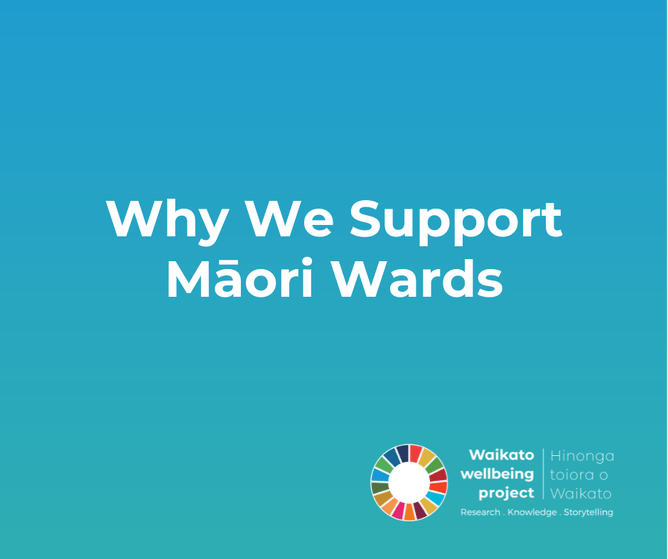Changes to the Local Government Act in 2024 meant that Councils could elect to either remove Māori wards, or retain them by way of a referendum. The Changes arose from the amendments to Part 3 of the Local Government (Electoral Legislation and Māori Wards and Māori Constituencies) Amendment Act 2024. In August, we issued a public statement in support of Māori Wards, which you can read here.
The Key changes were:
1.Restoration of Public Polls:
Councils that established Māori wards or constituencies without a public poll since 2020 are now required to hold a binding referendum during the 2025 local elections.
If a council does not want to hold a poll, it must disestablish the Māori ward or constituency before the 2025 elections.
2. Decision Deadline:
Councils needed to decide by 6 September 2024 whether to:
Retain the Māori ward or constituency and hold a referendum in 2025.
Disestablish the Māori ward or constituency.
If no decision was made by this date, the council must hold a referendum in 2025.
2. Referendum Details:
A simple majority vote in the referendum determined the outcome.
If the referendum supported the Māori ward or constituency, it will continue.
If the referendum opposed it, the Māori ward or constituency will be disestablished
We believe Māori wards are a positive expression of Te Tiriti o Waitangi and are a way of building a fairer, more inclusive, and more effective local democracy. Providing for Māori wards is a reasonable, practical and cost-effective means by which councils can give effect to tino rangatiratanga. It upholds the Article 2 guarantee and is consistent with constitutional principle and case law.
Beyond Treaty obligations, Māori wards also strengthen local democracy:
They ensure that a significant and often under-represented part of the community can see themselves represented at the council table.
They bring perspectives and knowledge that may otherwise be absent from decision-making.
They enhance, not diminish, democratic rights: the principle of one person, one vote is preserved, while overall enfranchisement is broadened.
Many of the region’s citizens have decided by referendum to remove Māori wards, as is their right. We will continue to work with Māori, iwi and all the community to advance a more inclusive and prosperous Waikato, which honours our shared treaty-based heritage and ensures an equitable future for everybody.


